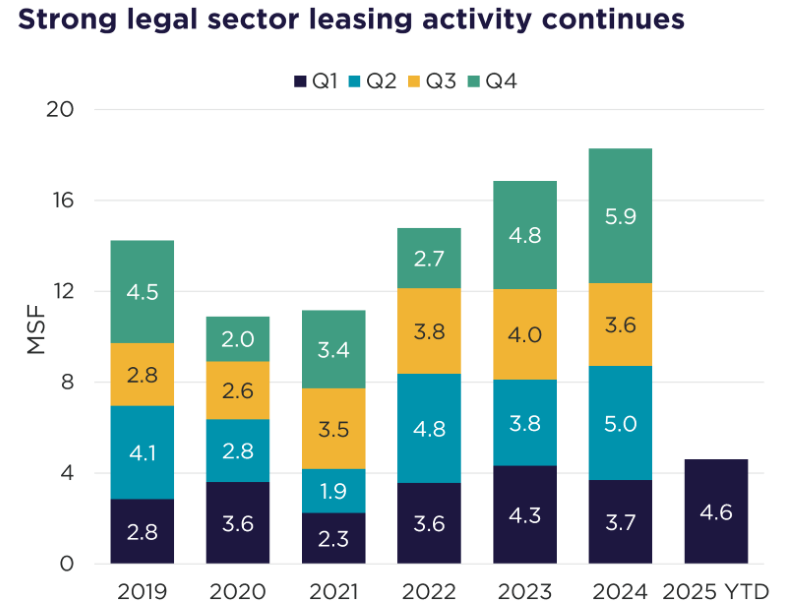Are REITs Managing Their Properties Properly?
A new report commissioned by CBRE and written by noted Johns Hopkins University business school professor states that preconceived notions about property management and REITs may be mistaken.
By Keith Loria, Contributing Editor
A new report commissioned by CBRE and written by noted Johns Hopkins University business school professor David Fick shows that preconceived notions about property management and REITs may be mistaken.
The report, “Challenging REIT Property Management Orthodoxy,” recommends that REITs re-examine its external property management even though conventional wisdom was to keep everything in house when it comes to REITs and its properties.
Fick, a former head of REIT Research at Legg Mason Real Estate Group, was given unfettered access to CBRE and its employees when putting together the report.
“It was important for us to know if there was merit here with public REITs,” Andrew Genova, CBRE’s executive managing director, told Commercial Property Executive. “The findings that resonate most with me is that there is a role for third-party companies in property management for public REITs.”
The report’s findings uncovered that REITs could save money by outsourcing property management services. For example, a REIT with less than 10 million square feet in a given market can realize significant efficiencies with professional, third-party property management. Meanwhile, smaller REITs actually lose efficiency—and therefore margin—due to excess capacity at some level, or inability to spread costs across enough square feet.
For that reason, Genova believes its time for REIT execs to change the way they think on property management.
“Public REITs didn’t look outside their own entity. This paper shows the value proposition there,” he said. “It may not be the answer for every public REIT, but it is for many.”
According to Genova, the public REIT sector is rapidly evolving, as it has crossed the trillion dollar threshold in total capitalization. Many new REITs are in registration under the Jobs Act, and public REITs had record industry index investment returns in 2014.
The report also offers its case for external property management, covering cost savings, portfolio management flexibility, central purchasing and contracting, career management, property level risk management, training uniformity and compliance, reduced technology costs, back office efficiency, adherence to industry standards and quality control checks on property management providers.
“A REIT with externally managed assets has more flexibility to move capital between property types and locations. The scale of a large, specialized management company makes it possible to spread training, development and costs for a fraction of what similar functions would cost a REIT,” Fick wrote in the report. “External property-level IT deployment allows a REIT to focus on its investment and portfolio management business, while the external manager maintains the latest in property management technology and software.”








You must be logged in to post a comment.